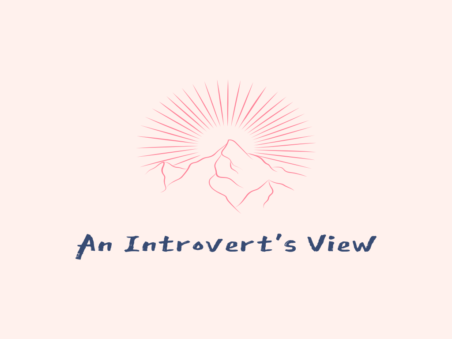How to get a good Night’s rest

“A good laugh and a long sleep are the two best cures for anything.”
Irish Proverb
A good night’s sleep is one of the most important things you can do for your overall health. According to Sleepfoundation.org one-third of adults experience chronic insomnia. I have suffered with insomnia on and off for the last few years and I am always looking for different things that I can do to improve the quality of my sleep.
Stress and anxiety are often the culprit of sleep issues. When are bodies are tense, they release hormones that make us more awake and alert. Our breathing becomes faster and our heart rate and blood pressure increase. None of these things help to entice sleep. Instead of activating the stress response we need to turn it around, and activate the relaxation response instead. This will help us to calm our minds and relax our bodies so that we can drift off and have a restful night’s sleep.
Relaxation Techniques For Better Sleep

Breathing Exercises
Start by taking 10 deep breaths while lying in bed. This alone may be enough to slow your breathing and make you calm enough to go to sleep.
Diaphragmatic Breathing:
- While lying down put one hand on your upper chest and the other hand at the top of the belly right below the rib cage.
- Breathe in through your nose so your belly pushes hard against your hand (your other hand and chest should remain as still as possible)
- While keeping your chest still, tighten your stomach muscles and exhale through pursed lips.
- Then repeat this process 3-5 times.

Visualization Exercises
Body Scans are a type of meditation where you focus attention on different parts of the body.
- Take a few deep breaths.
- Bring your attention to your feet, notice if you are holding tension in them.
- If you notice tension or discomfort visualize it leaving your toes through your breath.
- Then move your focus to each part of your body from your feet all the way to your forehead.
Other Ways to Get a Better Night’s Sleep
Increase natural sunlight or bright light during the day. It helps keep your circadian rhythm (natural time keeping clock) healthy.

Reduce blue light exposure at night. Stop watching all electronic devices at least an hour before going to bed. This is good for you in general, not just for sleep.

Don’t consume caffeine late in the day. Actually some studies have shown that even having a caffeinated drink six hours before you go to bed can still affect your sleep.

Get up and go to sleep around the same time every day.

Keep your bedroom cool. This is one of the more significant things you can do to improve overall sleep. Studies have shown that temps between 60 degrees and 69 degrees are optimal for sleeping.

A comfortable mattress and pillow. This is has been a game changer for me. My husband and I did a lot of research (he actually more than me) on mattresses and pillows and I think we came up with the perfect combo. The Purple bed and the Eden pillow by Coop. It really does make a huge difference when you find a comfortable mattress and pillow that are just right for you.

Don’t eat late at night before you go to bed. Don’t worry you can still have a little snack at night, but try to have it at least 2 hours before you are going to turn in.

Exercise regularly. According to Healthline.com, exercise reduces time to sleep by 55%, total night wakefulness by 30% and anxiety by 18%, while increasing total sleep by 18%. So exercise is a game changer when it comes to getting more z’s.

Declutter your bedroom. Studies have shown that the more cluttered the bedroom, the more likely you are to have a sleep disorder. So clean up those rooms and get organized so you can sleep sounder and cleaner!

These are some of the things that have helped me to get a good night’s rest. I hope that you will give some of these tips a try and that they will help you sleep better than you ever have before. Don’t let the bed bug’s bite!
You might also enjoy these:
How to get a good Night’s rest Read More »
